The parties that select candidates with criminal records should face the possibility of deregistration
The judiciary, the executive and the legislature agree that politics has to be decriminalised. Where they disagree is on the extent of decriminalisation. The judiciary asks the latter to amend existing laws to permanently ban convicted persons from contesting elections. The executive is unwilling to take that step. The process of decriminalising politics, as a result, is held to ransom by the lack of unanimity among the pillars of democracy. The Supreme Court on Wednesday raised the issue once again, asking whether the Government was amenable to amending the law. There was no clear response from the Government. The row finds resonance at a time when assembly elections are due in several States including Uttar Pradesh that has the largest number of criminal cases pending against sitting and former legislators. Over 1,300 such cases are being heard in 63 specially constituted courts. Many of the cases have been dragging on for years. At the national level, the Association for Democratic Rights informs us, 363 MPs and MLAs have declared criminal cases against them. The cases, in which charges have been framed, have been pending anywhere between five and seven years. There are over a score MPs with 43 cases between them, and over 100 MLAs with 315 cases, pending for 10 years or more. There are over 170 cases where the punishment is a life term. It is not known how many sitting members did not disclose any cases against them.
The question is, should one go the whole hog to decriminalise politics. As of date, legislators convicted of a crime and given a minimum of two years imprisonment stand disqualified. A landmark judgment of the Supreme Court also said they cannot contest elections for six years after their release. Out of the hundreds of legislators who face thousands of cases against them, only 11 have been disqualified so far. That is a poor conviction rate by any standard. The well-known reason for this is that cases drag on, or are dragged on, for years and the accused persons contest polls during the pendency. The Supreme Court also raised the question of whether a person should be disqualified from membership in a legislative body on the mere framing of criminal charges against them, but a five-judge bench ruled it could not disqualify them at that stage. Instead, it asked the Government to bring in such a law. The Government, which is against the recommendation, evades a clear stand on the principle of decriminalisation. Politics cannot be decriminalised by mere disqualification for a certain time. The disqualification has to be permanent upon conviction in heinous criminal cases. Where charges are framed, the courts must dispose of them within a specified time so that the accused face automatic, permanent disqualification upon conviction. Political parties which select candidates with criminal antecedents should face the possibility of derecognition or deregistration. Will the cat bell itself?
(Courtesy: The Pioneer)







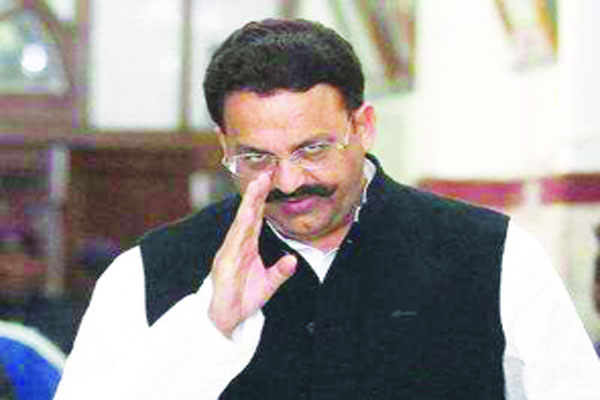
 OpinionExpress.In
OpinionExpress.In
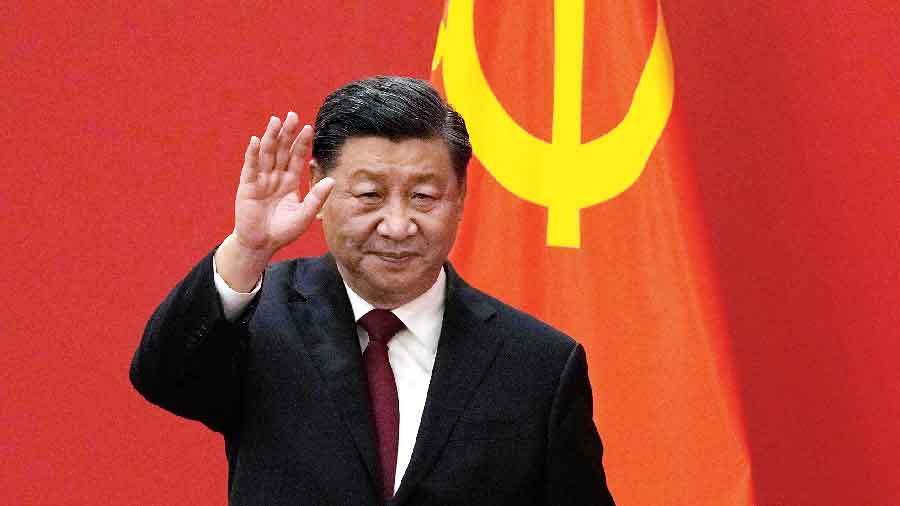

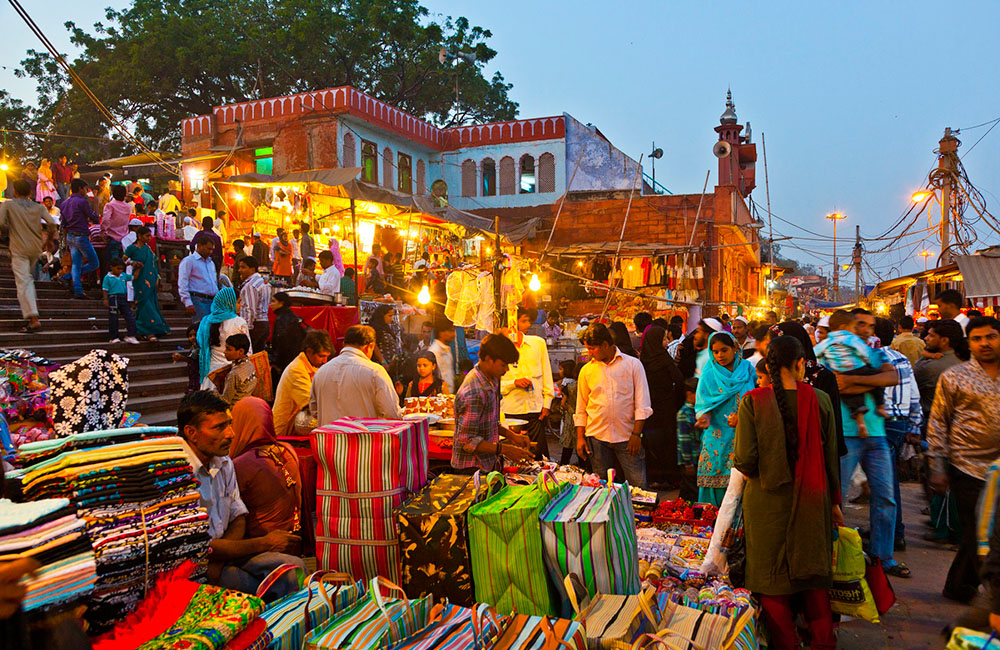

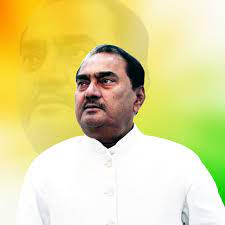
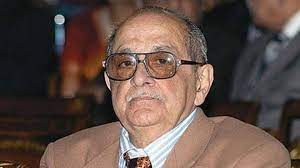
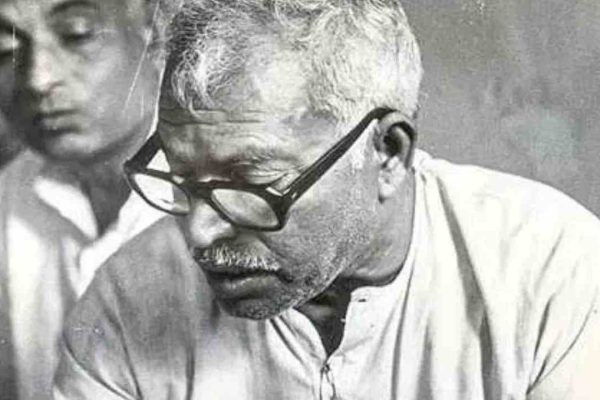
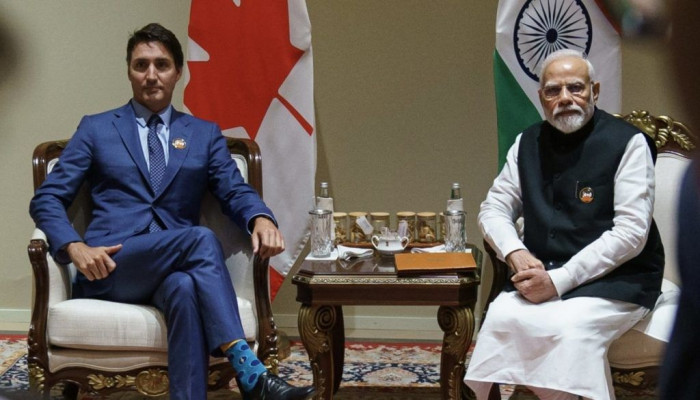







Comments (0)